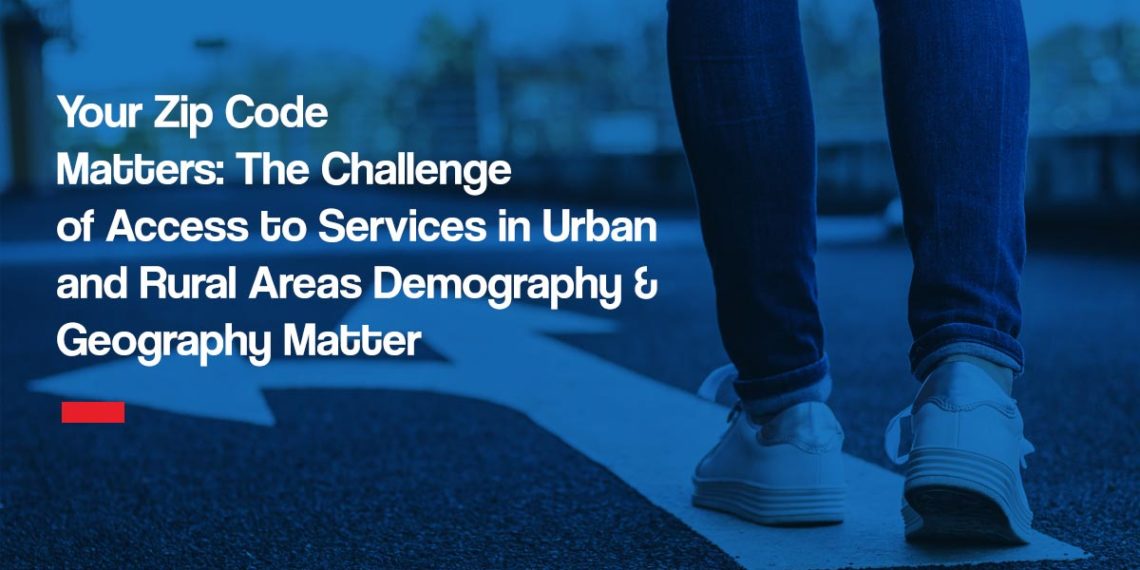Diabetes is a condition that requires access to a variety of medical professionals and services. Many people who live in urban and rural areas may find themselves in dire straits when it comes to getting necessary treatments and services. Living in certain zip codes presents a challenge for those who are living with diabetes.
Lack of access to specialists
Most people who have diabetes need the services of multiple specialists. Access to specialists is not often widely available in rural areas. There may be limited availability of specialists that treat diabetes or that serve the other needs of people who have diabetes in some urban areas.
People that live in rural zip code areas must travel further to obtain services. People who reside in some urban zip code areas may face long commutes due to poor public transportation.
Lack of availability of community services
Rural communities and some urban zip code areas often have fewer community services, compared to larger or more affluent zip code areas.
People who have diabetes often need community services such as access to a gym or community center that provides activities. Some other community services used by those who have diabetes that may not be available for people in certain zip code areas include access to mental health or support services.
Lack of support
Support groups and organizations can play critical roles in helping people weather the mental health storm of learning that they have diabetes. Support groups or community centers provide emotional support, lifestyle and diet advice, and a sense of community for people.
The lack of support from family and friends may lead to some people feeling increasingly alone and isolated, especially if they have a chronic illness such as diabetes. Unfortunately, the support groups or centers are often in short supply in rural areas and in some large urban areas.
The hope is that we can begin to correct these deficiencies in certain zip codes so that these problems are only temporary areas of concern for patients who live in underserved zip codes.



